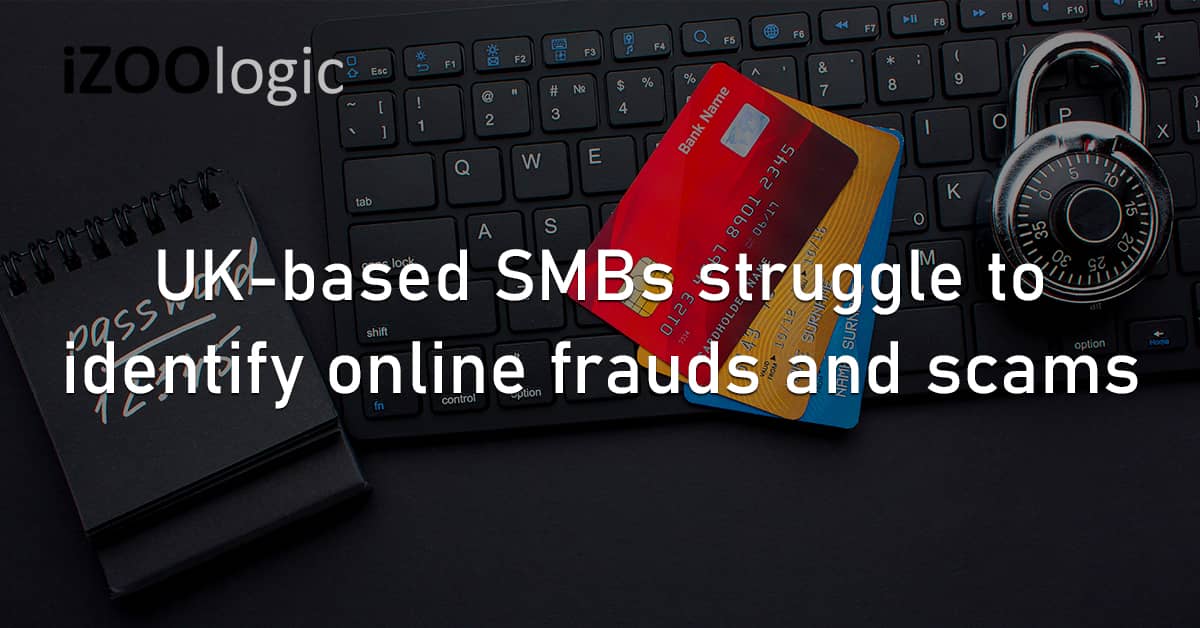The latest data published by UK Finance showed that most UK-based SMBs have difficulties in identifying or avoiding fraudulent entities or scams online.
The reports revealed that an alarming 17% of small and medium-sized businesses (SMBs) in the United Kingdom find themselves unable to discern the telltale signs of online fraud and scams consistently.
The report came from a sophisticated survey that assesses the abilities of UK-based SMBs.
The UK Finance, in collaboration with Amazon, executed a survey last year and found essential details about these UK-based SMBs. The survey is a realistic simulation exercise to determine if UK-based companies can spot fraud. Moreover, the survey operators posed as scam emails and phone calls scammers that employ real-world tactics.
The initiative, which has garnered responses from over 7,000 participants to date, has used the multifaceted nature of scams and how they exploit various channels to target unsuspecting victims. Notably, the exercise shows the challenges faced by office staff in navigating the complex landscape of scams, especially when met with resistance from colleagues.
While most respondents were adept at spotting impersonation scams where fraudsters posed as trusted contacts, the data revealed a concerning statistic. One in 10 participants struggled to recognise a procurement scam. In this simulation, participants received a call from a fraudster posing as a legitimate supplier, seeking to place an order without conforming to the official form-filling process.
The relevance of such exercises becomes evident in the context of the surge in authorised push payment (APP) scams in the UK. These scams involve fraudsters disguised as organisations or individuals, deceiving victims into transferring money to a scammer-controlled account. UK Finance issued a warning, citing a staggering £42.6 million stolen through APP scams in the first half of 2023. Unfortunately, the figure grew to an alarming £239 million after including the consumer losses.
SMBs have substantial bank account balances compared to average consumers, which makes them prime targets for fraudsters. Therefore, these entities should improve their awareness and become more vigilant.
They should also invest in stringent measures against fraud, including thorough business processes and employee training, to avoid financial losses. Lastly, parties involved in small businesses should verify details directly with suppliers through trusted contact routes when making significant payments.
